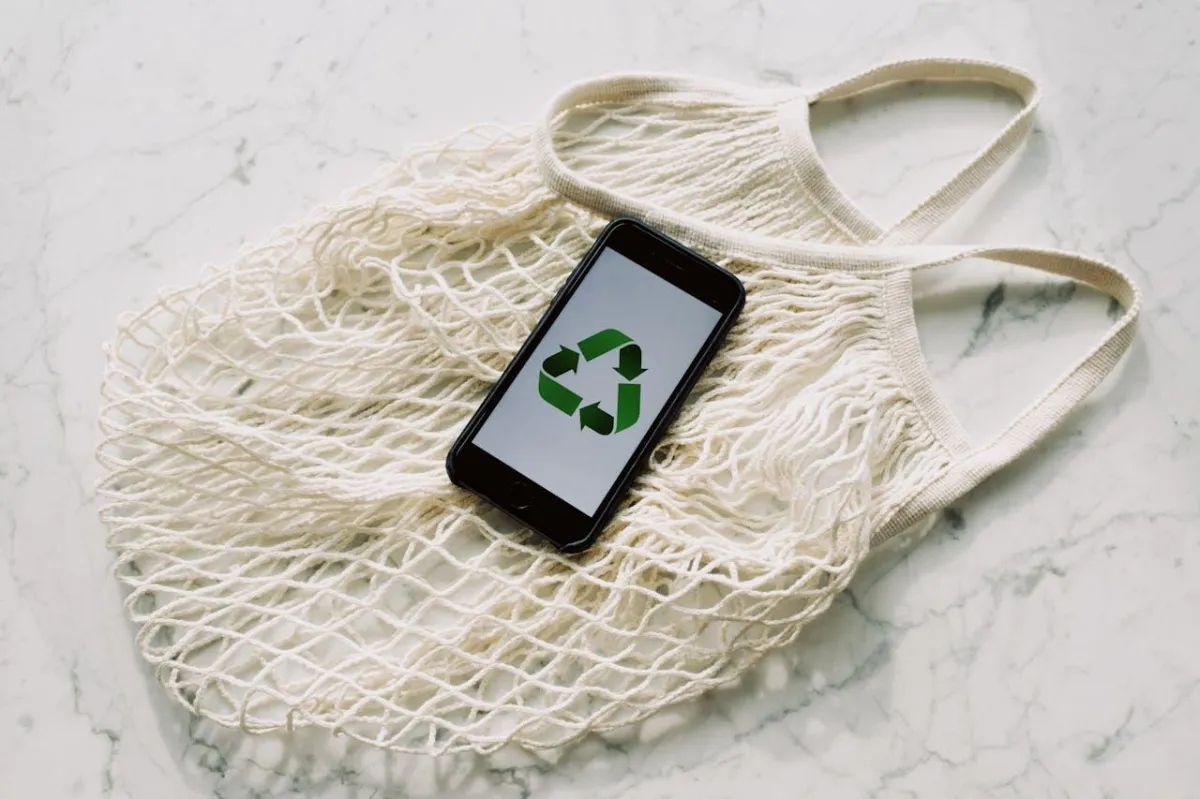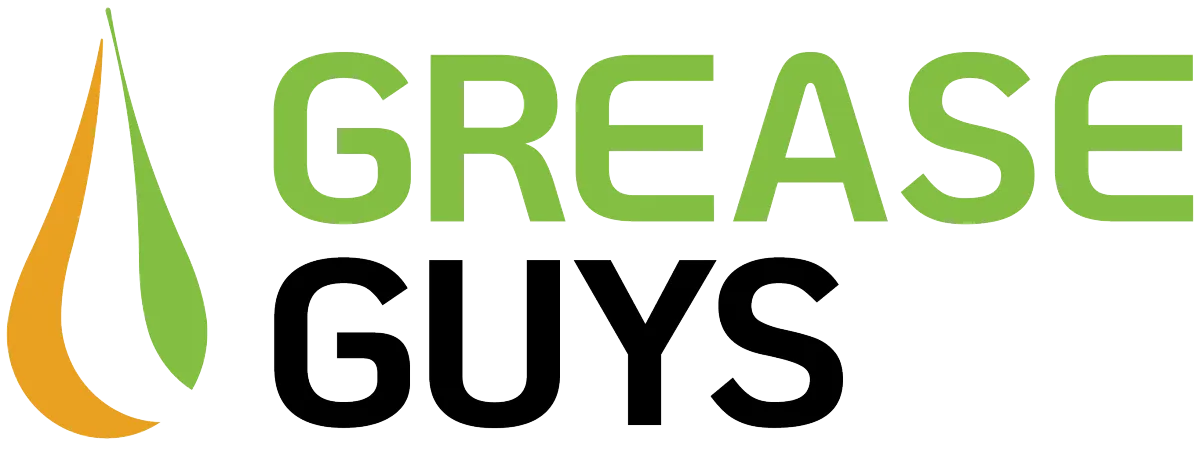Call Us Today!
Blog

Integrating Cooking Oil Recycling into Your Sustainability Strategy
Sustainability isn’t just a buzzword anymore — it’s a business imperative. From small diners to large restaurant chains, the food service industry is under growing pressure to reduce waste, conserve resources, and operate responsibly.
One of the easiest and most impactful ways to do that is by integrating cooking oil recycling into your sustainability strategy. Every kitchen uses cooking oil, but how it’s handled after use can determine whether it becomes a costly waste problem or a valuable environmental asset.
In this guide, we’ll explore how used cooking oil (UCO) recycling contributes to sustainability, why it matters for modern restaurants, and how to build it seamlessly into your operations.
You’ll learn:
How cooking oil recycling works
The environmental and business benefits
Steps to implement a recycling program
Common questions about oil recycling and sustainability
How professional collection services like Grease Guys simplify the process
Understanding Cooking Oil Recycling and Its Role in Sustainability
What Is Cooking Oil Recycling?
Cooking oil recycling is the process of collecting used cooking oil from commercial kitchens, refining it, and repurposing it into renewable products like biodiesel, animal feed additives, and industrial lubricants.
Instead of disposing of oil down the drain — which can clog pipes, harm the environment, and violate regulations — businesses can turn waste oil into a sustainable resource.
How It Fits Into a Sustainability Strategy
Every restaurant generates waste, but sustainability means rethinking waste as potential value. By recycling oil, your business can:
Reduce landfill waste and water contamination
Support the circular economy by converting waste into new energy sources
Lower your carbon footprint
Align your brand with environmentally responsible practices
Save money on waste management and disposal fees
When combined with other green initiatives — like energy-efficient equipment, composting, and water conservation — cooking oil recycling becomes a key part of an integrated sustainability program.
Environmental and Business Benefits of Oil Recycling
1. Reduces Environmental Impact
Dumping oil down drains or into dumpsters contaminates water systems and soil. Recycling ensures the oil is safely processed and reused as a clean-burning biofuel, cutting greenhouse gas emissions.
2. Promotes Circular Economy Practices
Instead of treating oil as waste, recycling allows it to be reintroduced into the economy in a sustainable way — powering vehicles, heating homes, and fueling clean energy initiatives.
3. Compliance with Local Regulations
Most cities in Washington and the Pacific Northwest have strict FOG (Fats, Oils, and Grease) disposal laws. Recycling helps your business stay compliant, avoiding costly fines or citations.
4. Enhances Brand Reputation
Today’s diners value eco-conscious businesses. Promoting oil recycling in your sustainability plan positions your restaurant as a responsible community member and can attract environmentally aware customers.
5. Cuts Costs and Creates Efficiency
Professional recycling services provide secure oil bins, consistent pickups, and documentation. That means fewer plumbing issues, less downtime, and smoother kitchen operations.
6. Generates Potential Rebates
Some recyclers offer rebates or credits for collected oil, depending on volume and quality. It’s a win-win — you reduce waste while gaining potential returns.
How to Integrate Cooking Oil Recycling into Your Sustainability Strategy
Step 1: Assess Your Current Oil Use
Start with an internal audit of your oil lifecycle. Measure:
How much oil your kitchen uses monthly
How often oil is replaced
Current disposal or recycling methods
Understanding your baseline helps identify waste reduction opportunities.
Step 2: Partner with a Licensed Recycler
Choose a licensed and insured cooking oil recycling company like Grease Guys. A professional partner provides collection containers, scheduled pickups, and documentation for compliance and sustainability reporting.
When selecting a provider, look for:
Transparent recycling process
Proof of end-product use (such as biodiesel conversion)
Regular pickup schedules tailored to your kitchen’s volume
Local service presence to reduce transportation emissions
Step 3: Train Your Staff
Employee training ensures success. Teach staff to:
Pour used oil into collection bins only — never into drains
Avoid mixing oil with water or other waste
Report full or leaking containers promptly
Maintain cleanliness around storage areas
Consistent staff education builds accountability and supports long-term sustainability goals.
Step 4: Track and Report Results
Most recycling partners provide data reports showing total oil collected and environmental impact. Use this data in your sustainability reports or marketing materials to demonstrate measurable progress.
Example metrics include:
Gallons of oil recycled per quarter
Pounds of carbon emissions offset
Equivalent miles powered by biodiesel produced
Step 5: Communicate Your Efforts
Share your recycling success with your customers. Add sustainability messaging to your website, menus, and social media. Highlight your partnership with a local recycler and how it supports community and environmental health.
Transparency strengthens your brand and shows customers that your business values more than just great food — it values the planet.
Practical Tips for a Seamless Oil Recycling Program
Here are a few tips to make your recycling system efficient and problem-free:
Schedule regular pickups: Prevent overflow and maintain sanitation by coordinating routine collections.
Use covered, labeled bins: Keeps pests and contamination away.
Place bins strategically: Store them near your kitchen’s oil discharge point for convenience.
Keep documentation accessible: Maintain logs of pickups and recycling receipts for compliance.
Inspect equipment regularly: Check bins and storage areas for leaks, especially in cold or wet weather.
By keeping these habits consistent, recycling becomes an effortless part of your kitchen’s daily workflow.
Frequently Asked Questions
Is cooking oil recycling required by law?
While recycling isn’t always mandatory, improper disposal is illegal in most areas. Washington and nearby states enforce FOG control regulations that encourage or require responsible oil management.
What happens to my recycled oil?
Recycled cooking oil is refined into biodiesel, used for powering vehicles and equipment, or processed into animal feed ingredients and industrial products.
How often should oil be collected?
Collection frequency depends on your kitchen volume. Most restaurants schedule weekly or biweekly pickups to avoid overflow or odor issues.
Can I mix grease trap waste with used cooking oil?
No. Grease trap waste must be handled separately. Cooking oil recyclers only collect clean, uncontaminated oil.
How do I know if my recycler is legitimate?
Ask for their state certification, recycling documentation, and references from local restaurants. Legitimate recyclers will gladly provide proof of compliance and sustainability.
Conclusion
Integrating cooking oil recycling into your sustainability strategy is one of the smartest — and simplest — steps your business can take toward greener operations. It not only protects the environment but also boosts your efficiency, compliance, and brand credibility.
At Grease Guys, we help restaurants and food service facilities across Washington collect and recycle their used cooking oil responsibly. Our team provides clean storage containers, reliable pickups, and transparent recycling practices that turn your waste into renewable energy.
Make sustainability part of your everyday kitchen routine. Contact Grease Guys today to start your cooking oil recycling program and take the next step toward a cleaner, more efficient future.
OUR SERVICES
TIPS & ARTICLE
GET IN TOUCH
Phone: (855) 227-6060
Email: [email protected]
Address: 3188 Road M.2 NE, Moses Lake, WA 98837
Business Hours:
Mon - Sun: Open 24 Hours
AREAS WE SERVE
© All Rights Reserved • Grease Guys, LLC | Terms of Use | Privacy Policy
